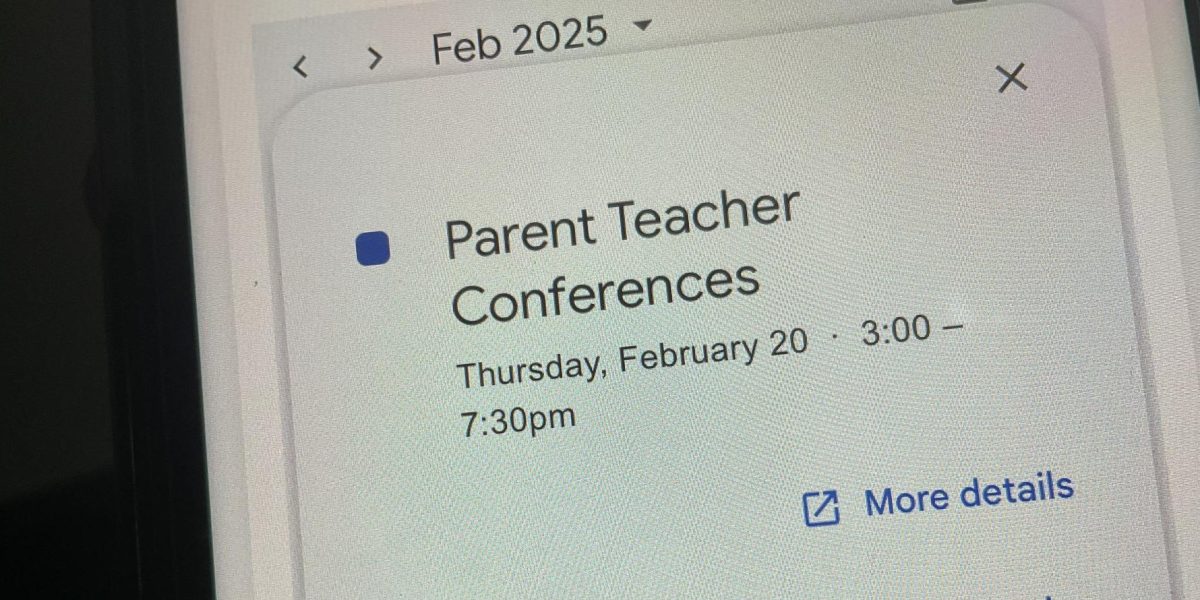In our world today, the educational system continues to evolve. From a high school student’s perspective, the question is always in the air: “Should attendance really matter?”
High school is a transitional phase where students begin to take on more responsibilities and make decisions for themselves. From ages 14 to 18, you experience lots of different changes and different obstacles. Students need to be able to manage their own time independently. Going from high school to college is a huge change of pace. You go from living under your parent’s house and rules, listening to them and the administration at school telling you what to do, and then to college completely living on your own, finding your own schedule and time management and your own responsibilities with money management, food, classes, etc. Starting to entrust them with the choice to attend or miss classes allows them to make decisions and face the consequences that prepare them for the real world. In college, they don’t take attendance and send it to your parents if you miss a class; they base it on how many classes they missed, and that can affect your grade. In my opinion, this is what we should do for high school students. I also think there should be no tardies, and only if you’re present or not.
Every student is unique and different, and their learning styles vary. Some students learn better in the structured environment of classrooms, while others find alternative methods of learning more effective. Forcing students to show up for multiple classes a day for 7+ hours is not ideal. Acknowledging diverse learning styles can lead to a more in-depth and effective educational system. The pressure being faced by high school students, including academic stress, extracurricular activities, athletics, and social challenges, can significantly impact their mental health, so enforcing strict attendance policies makes students not want to show up at all, especially upperclassmen like juniors and seniors. Allowing students the flexibility to manage their own schedules can alleviate some of these stress factors.
In the professional world, success is often determined by results and skills. Yes, attendance is important for a professional job, but your own time schedule is also important. By focusing on developing critical thinking and your own problem-solving skills, high schools can better prepare students for their future careers. Employers value employees who can deliver quality work, meet deadlines, and just actually do their jobs right.
When students are given the freedom to explore their interests and passions, learning becomes a fulfilling and lifelong factor. Strict and/or mandatory attendance can affect their learning by making education feel like a chore rather than a fun learning environment. Allowing students to attend classes on their own time can lead to a more enthusiastic and engaged student body. While attendance policies have long been considered an important part of the education system, it is essential to reevaluate their impact on high school students. From the perspective of high school students themselves, granting them the freedom to manage their time can create a more empowering and effective educational experience. By considering these factors, we can improve a future where education is not just about attendance but about meaningful and personalized learning experiences that prepare students for a successful life that is beyond high school.
























































